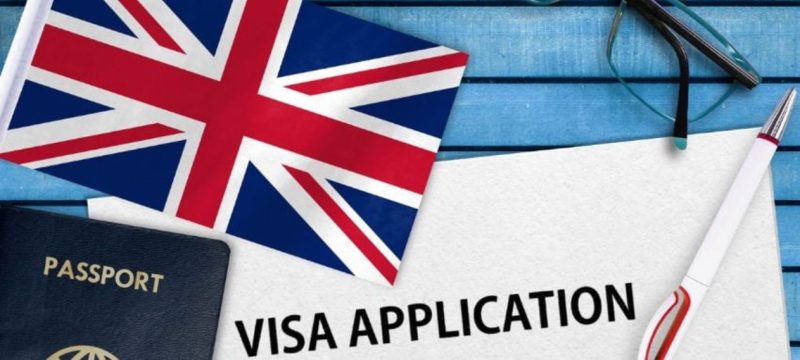The UK government has implemented sweeping changes to its immigration system, aiming to regain control of its borders and curb the record-high levels of net migration.
According to the immigration white paper, the new measures will refocus the system to prioritize individuals who contribute significantly to economic growth, introducing higher skill standards for graduates and workers.
Read more: UK Government Tightens Immigration Rules With Tough New Measures
The reforms include new employer obligations to enhance domestic training, ending the reliance on foreign recruitment and addressing the system’s failures, which saw net migration soar from 2019 to 2023.
One key policy is increasing the legal residence requirement for settlement and citizenship from 5 to 10 years. The Home Office emphasized that these reforms aim to ensure that foreign nationals contribute positively and meaningfully to British society.
Other changes include raising the eligibility criteria for work visas to RQF Level 6 (graduate level), eliminating the Immigration Salary List that previously allowed recruitment at lower pay rates, and closing the Social Care visa route, although existing applicants can extend their visas until 2028.
Furthermore, the English language requirement will now apply to more visa categories, including dependants, while study visa policies have been tightened. The post-study work period has also been shortened from two years to 18 months.





